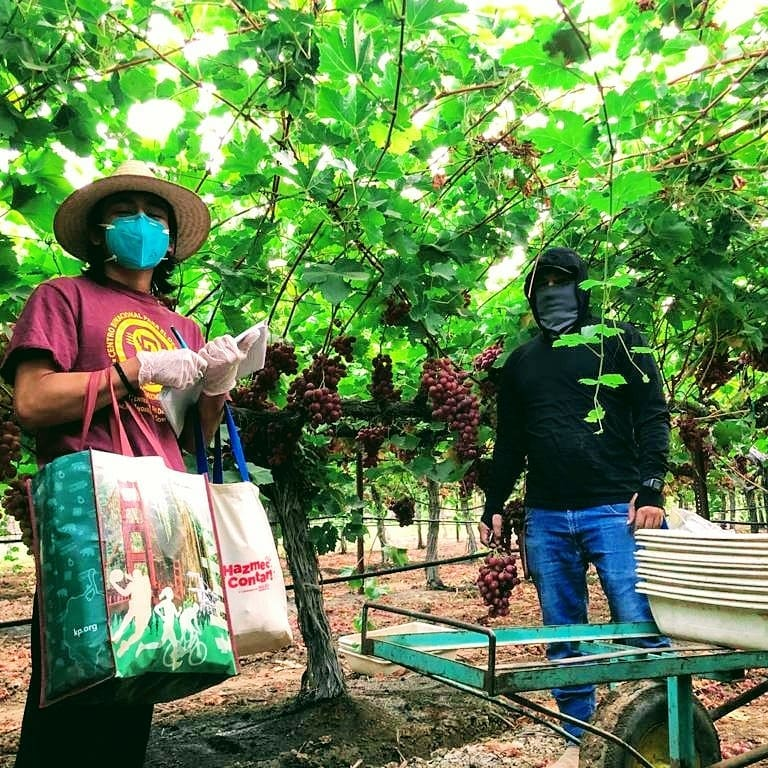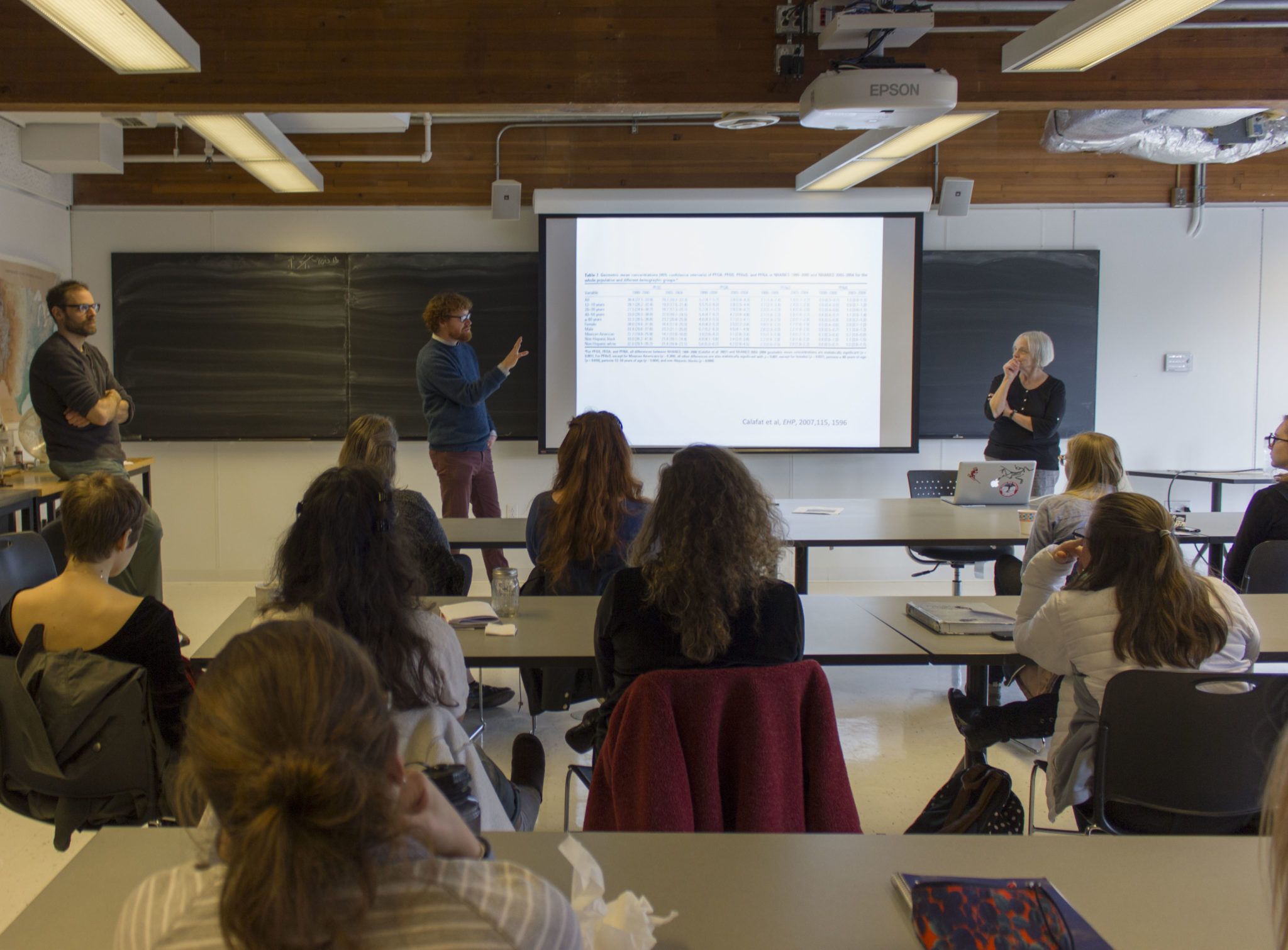Critical Care is the online publication of Medical Anthropology Quarterly. Critical Care provides anthropological insights about current events; creating space for public-facing writing, worldly and speculative interpretations of research, and dissemination of work to broader audiences. Critical Care combines the theoretical legacy of medical anthropology with applied, real-world engagements, providing careful responses to urgent matters demanding our attention.
Our editorial team is always looking for innovative and accessible contributions from medical anthropology and neighboring disciplines. Submissions will be reviewed by the MAQ Digital Editor and Editor, and we will work closely with authors on revisions. Multimedia or text submissions can take the form of:
- reflections on fieldwork in progress
- introduction of emergent methodologies or concepts
- medical anthropological perspectives on current events
- amplifying underrepresented voices in medical anthropology and in biomedicine/tech at large
- reports from events, workshops, conference sessions
We also welcome online series ideas, which can resemble a journal special issue or be a collected group of submissions focused around a common theme or topic. A series can be curated by a contributor or by the digital editor.
Please contact the MAQ Digital Editor, Jessica Robbins-Panko, with submissions and ideas: jessica.robbins@wayne.edu.
-

Staying Put: Principled Immobility
For a brief moment in 2020, the global pandemic shutdowns provided a natural experiment: What happens when people stop moving around the globe? Quickly, skies over polluted cities cleared. We could hear the birds even in the most dense urban settings. Pumas…
-

“Masks Are Like a Patch”: On the limits and possibilities of solidarity with farmworkers in a pandemic
When immigrant farmworker communities are not accounted for in the official records, like the Census, they will, once again, be denied significant resources and support for at least another ten years. The cumulative effects of this are devastating and harder to ignore…
-

The Trans Body Is A Valuable Resource
Early Notes on a New Research Project Most tissues removed in the course of a surgical operation are considered abandoned by the operated patient. I abandoned my tonsils when I was 5 years old and my appendix when I was 38. Although…
-

Understanding PFOA
PFOA, I’m told, is the slipperiest chemical in existence. Nothing sticks to it, a peculiar quality that found profitable application within the manufacture of plastics. A white, waxy powder first engineered in the 1940s, PFOA helped press Teflon into waterproof fabrics and…
-
Which Lives Matter? Pro-Life Politics during a Pandemic
Human life in the global coronavirus pandemic is under duress. At the time of our writing, COVID-19 has taken over two hundred thousand lives in the United States and significantly altered everyday life. Medical professionals, grocery clerks, postal workers, and other vital…
-
Datafied Care: Digital Health Technologies and Profitability in the US Health Care System
A central issue shaping the 2020 electoral debates is the role of public and private interests in the US health care system, and this issue has only grown more important since the emergence of COVID-19. Even during a pandemic that has caused…